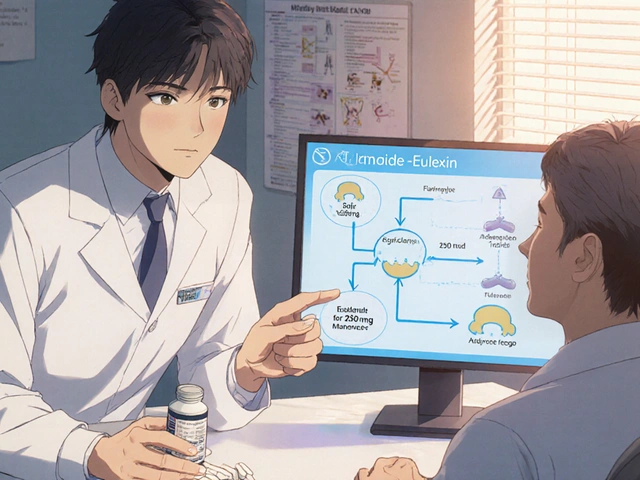Understanding Pregnancy and Vomiting
As a blogger who has experienced pregnancy and the unpleasant bouts of nausea and vomiting that come with it, I can relate to the struggle. This is a common symptom, affectionately referred to as morning sickness, though it can occur at any time of the day. It's important to understand that this is a normal part of pregnancy, and while it can be uncomfortable, it's usually not harmful to the mother or baby. However, understanding the cause can help in finding ways to ease the discomfort.
The Role of Hormones
So, what causes this vomiting during pregnancy? The primary culprits are hormones. Pregnancy triggers a surge of hormones in the body, including human chorionic gonadotropin (hCG) and estrogen. These hormones are essential for maintaining pregnancy, but they also play a significant role in causing nausea and vomiting. Let me break it down for you.
Human Chorionic Gonadotropin (hCG)
During the early stages of pregnancy, the body starts producing hCG. This hormone is produced by the placenta after implantation. It's not entirely clear why hCG leads to vomiting, but studies suggest that the rapid increase in its levels during early pregnancy may be responsible. It has been observed that the severity of nausea and vomiting tends to correlate with higher hCG levels. This could explain why vomiting is most common during the first trimester when hCG levels are at their peak.
Estrogen
Estrogen is another hormone that increases during pregnancy. Just like hCG, high levels of estrogen can also cause nausea and vomiting. While it's true that estrogen is present in our bodies all the time, pregnancy brings about a sudden and significant increase in its levels, which can trigger vomiting. This is also why vomiting can continue into the second trimester of pregnancy when estrogen levels remain high.
Managing Vomiting During Pregnancy
As daunting as this might sound, there are ways to manage these symptoms. Small, frequent meals can help, as can staying hydrated and avoiding foods and smells that trigger nausea. Ginger and vitamin B6 supplements are also known to help reduce nausea and vomiting. It's always important to consult your healthcare provider before starting any new treatment or supplement.
When to Seek Help
While vomiting during pregnancy is normal to an extent, excessive vomiting can lead to dehydration and weight loss, which can be harmful to both the mother and the baby. This condition is known as hyperemesis gravidarum and requires medical attention. If you're unable to keep down food or fluids, losing weight, or feeling dizzy or faint, it's important to seek medical help immediately.
In conclusion, hormones play a significant role in causing vomiting during pregnancy. While it can be uncomfortable, it's usually not harmful and can be managed with a few lifestyle changes and treatments. Always remember to speak with your healthcare provider if you have any concerns about your pregnancy.






Another article rehashing the same old hCG nonsense.